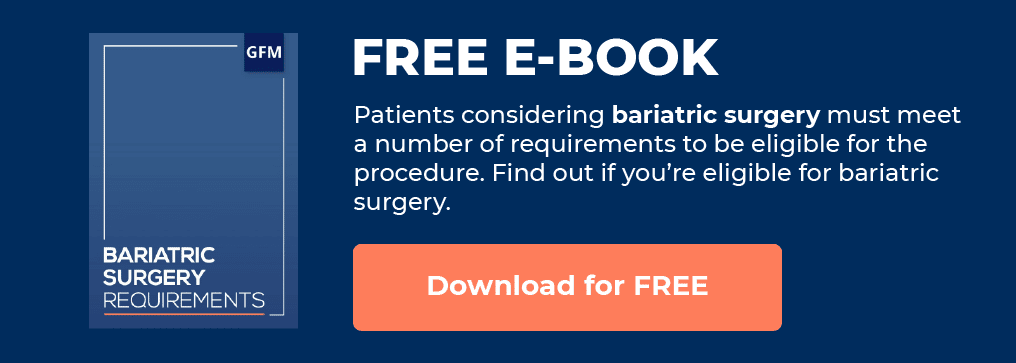Being overweight not only takes a toll on your self-esteem, but it can also be a danger to your health.
A gastric bypass could be one of the best ways to reclaim your health and self-esteem but the surgery does come with surprises — some bad, some good, and some even embarrassing.
Here are some things you need to know before going through the procedure.
Post-Operation Depression is a Possibility
As you may have imagined, there is a connection between depression and obesity. Most of the patients who get bariatric surgery generally experience an improvement in their well-being, but for some, the opposite is true.
According to a Yale University study, 13% of patients were found to have an increased Beck Depression Inventory after gastric bypass surgery and exhibited low self-confidence and eating disorders, among other undesirable behaviors.
You may End Up with Excess Skin
After a gastric bypass, you are likely to be left with loose, hanging skin that certainly does not look good. If that is a deal-breaker for you, chances are that you will require another surgery to get rid of the excess skin.
Some insurance plans, unless that skin is medically declared to be a danger to your health, may not be covering the expenses. That means that you would have to pay for the surgery out of pocket and it is not cheap.
Body contouring surgery can cost you anything from $4,000 to upwards.
Trips to the Bathroom will Increase
A huge percentage of patients who get gastric bypass surgery are likely to experience severe episodes of diarrhea or dumping syndrome after the procedure. This is often caused by poor food choices, including fried foods and refined sugars.
Such food choices can also lead to symptoms like audible bowel sounds, cramping, nausea, lightheadedness, and sweating.
If that sounds embarrassing, then you need to know that there is more to expect, like constipation, loose stool, and embarrassing gas.
Ultimately, when you get the surgery, be ready to frequent the bathroom.
The Surgery Could Increase your Risk for Alcohol Abuse or Use
A study examining patients who had gastric bypass surgery at different time intervals revealed that their risk for increased alcohol intake after the procedure increased significantly. This could be because patients have peak alcohol levels and they reach them faster after bariatric surgery.
Working Out Should Still be Part of your Routine
Your surgeon will probably recommend a post-surgery diet that promotes weight loss but that is not the only change you have to make regarding your lifestyle.
According to the Obesity Action Coalition, gastric bypass patients should include physical activity in their daily routine once their physician has cleared them.
Exercising a few minutes at least five days a week is necessary for making your surgery a success. Simply put, surgery is not an instant fix; you have to put in the work.
You will Have to Do Away with Junk Food
Sure, those sodas, cakes, and fries taste like heaven in your mouth, but you will have to teach yourself to live without them after your surgery.
Carbonated drinks, for instance, introduce air to your belly and create gas, which puts pressure on your stomach and causes it to expand.
This can undo the results of your surgery, so instead of drinking soda, you may want to drink more water.
It May Effect Your Romantic Relationship
Extreme physical transformations tend to lead to a myriad of emotional changes that affect not only you but also those around you.
One study found that there was an increase in divorces among couples where one partner got bariatric surgery.
In that regard, you want to seek emotional guidance for yourself and your partner before getting the procedure done. This will help you navigate the negative effects you will likely face post-operation.
Bottom Line
A gastric bypass is a serious surgical procedure and its success is a long-term project. Even with that, most patients who have had it would do it again if given a chance to go back in time and make the decision again.
If you are struggling with obesity, a gastric bypass may be of help – you just need to prepare for what you are likely to face after the procedure.
See Also
Weight Loss Surgery Cost Without Insurance
Weight Loss Surgery with Insurance
Does Medicare Cover Weight Loss Surgery
Does Medicaid Cover Weight Loss Surgery
